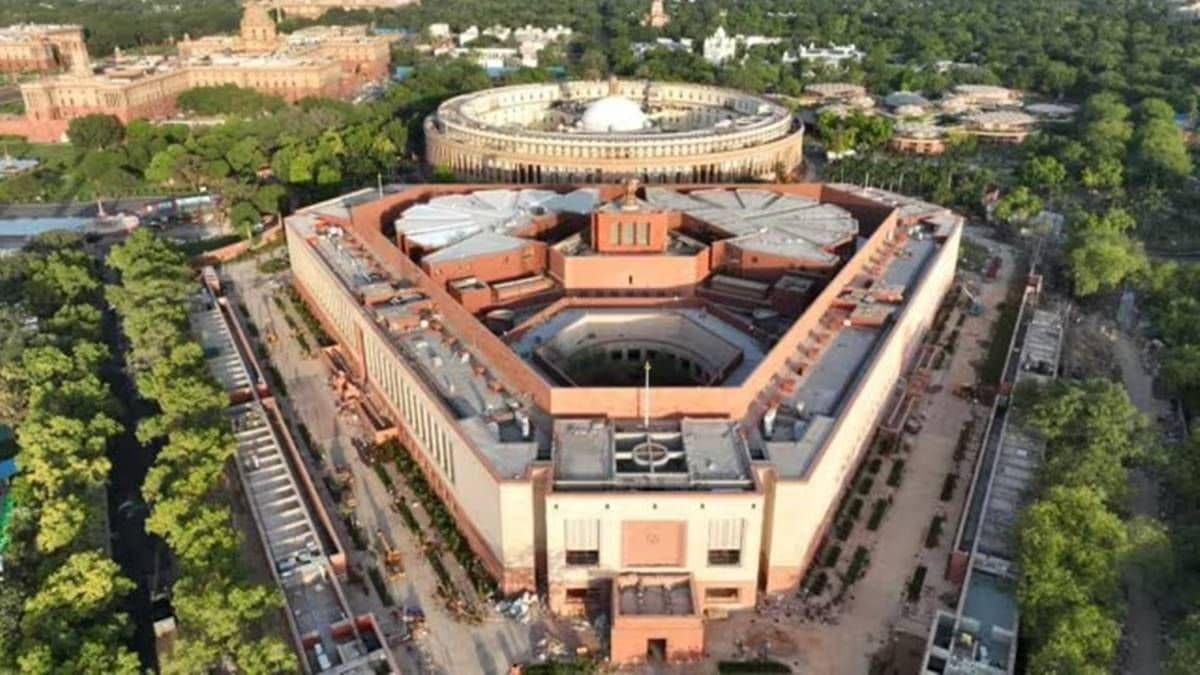By Dr Kishore Kumar
In the vast tapestry of India’s healthcare landscape, where doctors are celebrated as healers, there are threads of progress interwoven with challenges that demand urgent attention. As we mark Doctors Day, it is an opportune moment to reflect on the journey so far, acknowledge the trials faced by healthcare providers, and chart a course towards a future where healthcare in India is equitable, accessible, and of the highest quality.
Healthcare in India operates under the framework where it is a state subject, intended to foster competition among states for better performance. This decentralization was envisioned to promote innovation and efficiency in healthcare delivery. However, after 75 years of independence, the promise of this approach has often remained unfulfilled, with disparities in healthcare outcomes persisting between different regions and communities and in private vs public healthcare. The consequences are starkly evident in the challenges faced by healthcare professionals, from doctors to nurses, who operate within a system strained by resource limitations, bureaucratic inefficiencies, and a burgeoning demand for healthcare services especially in public healthcare.
One of the pressing issues confronting India’s healthcare system today is the exodus of nurses to foreign countries in search of better opportunities and recognition. This brain drain not only depletes our healthcare workforce but also underscores the need for greater investment in nurturing and retaining talent within the country. Nurses, who traditionally play a pivotal role in patient care, often find themselves undervalued and constrained by rigid hierarchies. It is imperative to empower them as leaders in healthcare delivery, providing avenues for professional growth and recognition commensurate with their skills and dedication. As a single speciality hospital, we have nnovated the nursing roles in many different ways to retain talent after few years with many leadership roles created in the hierarchy itself – and including training Lactation consultants, Clinical Nurse Specialists whom we employ for training purposes giving them an avenue to continue with the parental organization and grow within the system.
Simultaneously, technological advancements such as artificial intelligence (AI) and telemedicine hold immense potential to revolutionize healthcare delivery in India. The COVID-19 pandemic accelerated the adoption of telemedicine, demonstrating its ability to provide remote consultations, monitor patients’ health remotely, and deliver specialized care even in underserved areas. Embracing these technologies not only enhances accessibility to healthcare services but also improves efficiency and reduces healthcare costs, making quality care more affordable and inclusive. At Cloudnine, we innovated telephone triage system during pandemic to include senior nurses which has revoluntionised the triage system in a big way.
However, the integration of technology into healthcare must be accompanied by robust infrastructure and regulatory frameworks to ensure patient safety, data privacy, and ethical use of AI-driven diagnostics and treatment algorithms. Moreover, there is a need to bridge the digital divide to ensure that rural and marginalized communities can also benefit from these advancements, thereby achieving universal healthcare coverage. At Cloudnine, since Pandemic we have instituted video consultations which has benefited more parents who travel to their native places (especially rural areas) to remain in contact with the expert care in the cities with their trusted doctors and in turn making their relatives experience better care too with video consultations. Video consultations are here to stay – and could definitely bridge the gap between rural and urban healthcare.
For sustainable healthcare reform in India, the government must prioritize strengthening the foundational pillars of healthcare: preventive, public, and primary health. Preventive measures, such as immunization campaigns and health education initiatives, can significantly reduce the burden of disease and alleviate pressure on tertiary care facilities. Ex: Recently introduced Pneumococcal vaccinations is expected to reduce child mortality rate from Pneumonias in a big way. Similarly the Human Papilloma Virus (HPV) vaccination can reduce mortality from Cervical Cancer. Public health interventions, including sanitation improvements and access to clean water, are essential for disease prevention and health promotion in underserved communities. Ex: to eliminate diseases like Typhoid, Dengue, Hepatitis A and so on. Primary healthcare, delivered through a network of well-equipped and adequately staffed health centers, including Primary Health Centres (PHCs) serve s as the first point of contact for individuals seeking medical care and plays a crucial role in early detection and management of health conditions. If Governments focus on these 3 pillars, the load on tertiary care hospitals especially private healthcare facilities will automatically come down with more efficient healthcare for everyone.
Despite these efforts, challenges persist in providing equitable access to healthcare services across socio-economic strata. Tertiary care, which includes specialized medical interventions and complex procedures, remains out of reach for many due to high costs and limited availability in public healthcare facilities. Private healthcare providers play a significant role in bridging this gap but often at a higher cost, exacerbating inequalities in healthcare access best example being transplantations, oncological services etc. To address this, there is a compelling need for innovative financing mechanisms, including public-private partnerships (PPP) and targeted subsidies, to make tertiary care more affordable and accessible to all segments of society.
Moreover, the issue of violence against healthcare providers is a poignant reminder of the deep-seated frustrations stemming from the inability to afford quality healthcare. Recent data indicates that a significant proportion of families face financial hardship or are pushed into poverty due to healthcare expenses, highlighting the urgent need for comprehensive health insurance coverage and financial protection mechanisms. Strengthening healthcare infrastructure and human resources, alongside promoting dialogue between healthcare providers and communities, can mitigate tensions and build trust in the healthcare system.
As we celebrate Doctors Day, we must reaffirm our commitment to supporting and empowering healthcare providers who tirelessly serve our communities. Recognizing their contributions and addressing the systemic challenges they face are essential steps towards building a resilient and responsive healthcare system in India. This entails fostering a culture of innovation, investing in healthcare workforce development, leveraging technology for equitable healthcare delivery, and advocating for policies that prioritize health as a fundamental human right.
In conclusion, the way forward for healthcare in India lies in collective action and visionary leadership that transcends political boundaries and bureaucratic silos. It requires a commitment to universal health coverage, equity in access to healthcare services, and a relentless pursuit of excellence in patient care. By harnessing the strengths of our healthcare providers, embracing technological advancements, and fostering partnerships across sectors, we can create a future where every individual receives the healthcare they need and deserve—where doctors and healthcare providers truly embody the spirit of healers, offering wings of hope and stethoscopes of compassion to all.
(The author is Founder Chairman, Pediatrician and Neonatologist, Cloudnine Group of Hospitals, Bangalore. Views expressed are personal and do not reflect the official position or policy of the FinancialExpress.com.)








